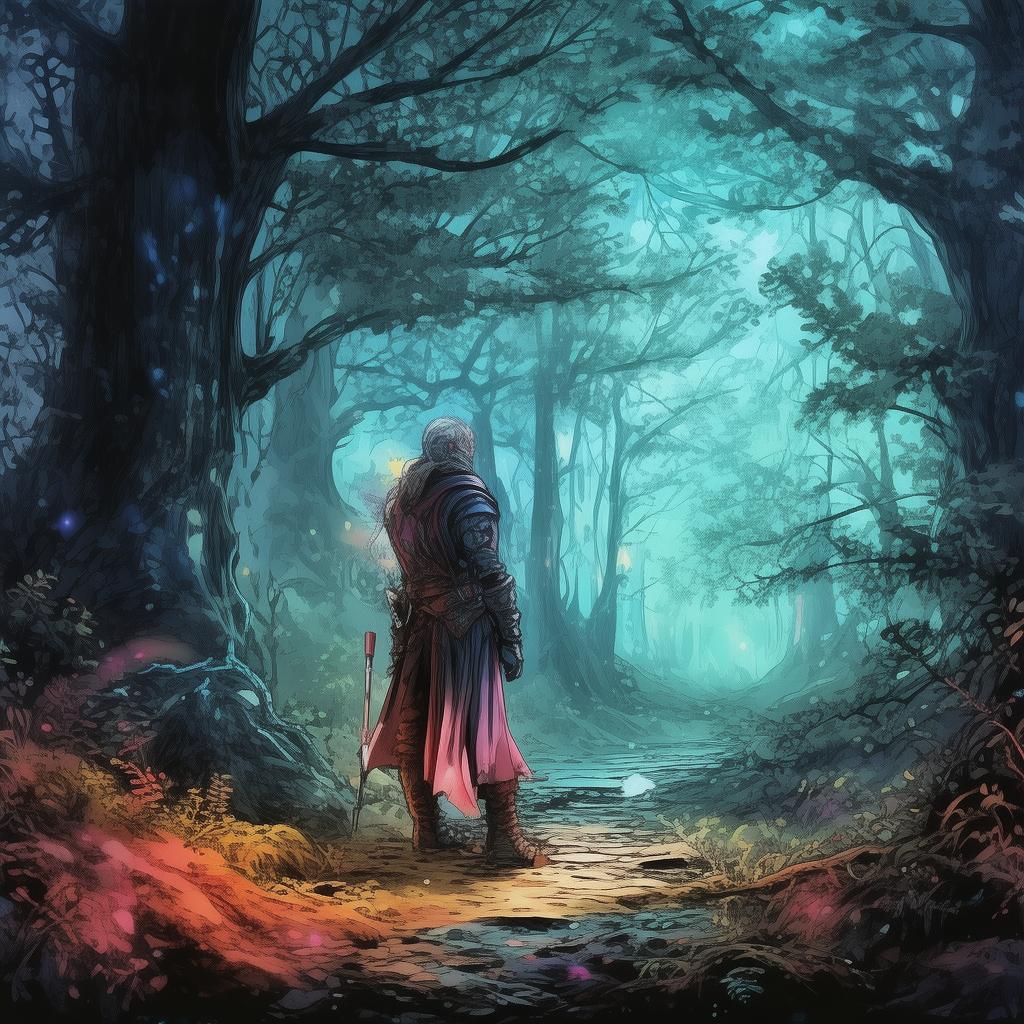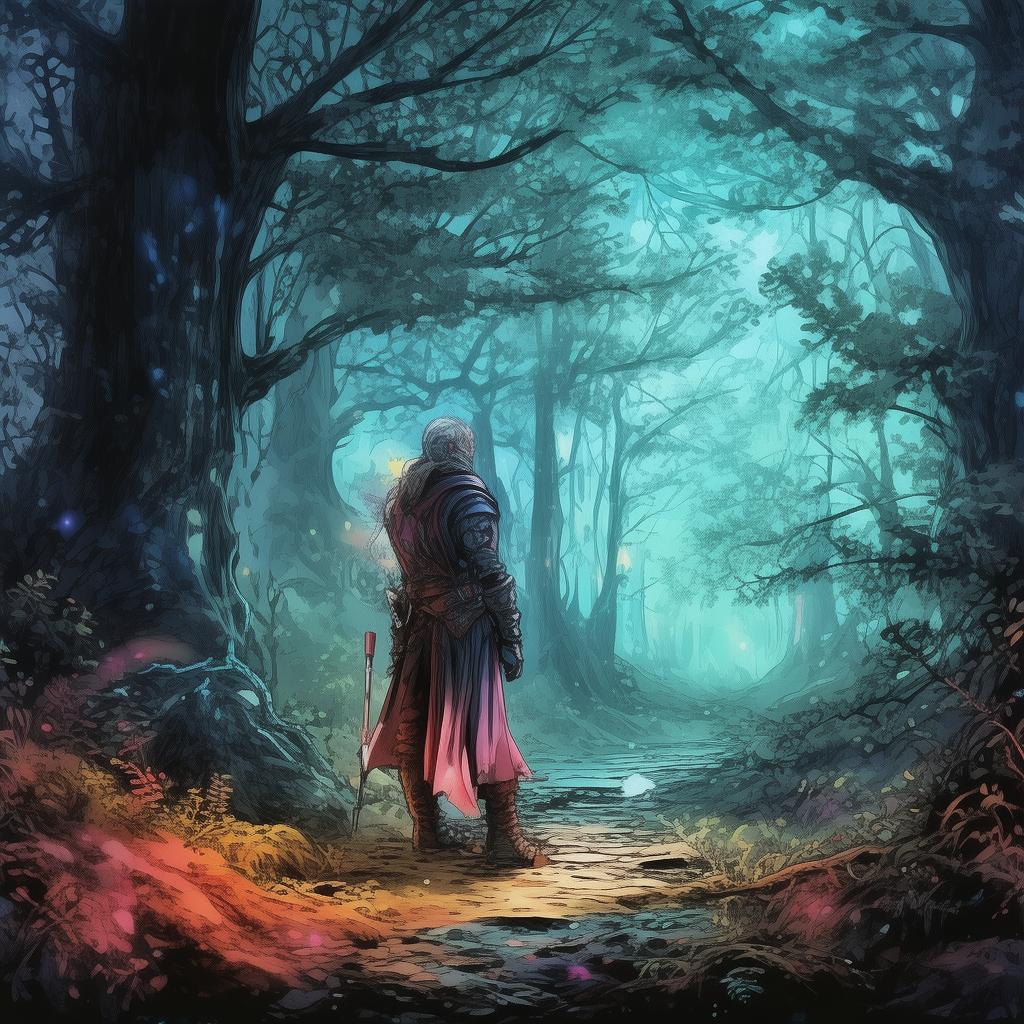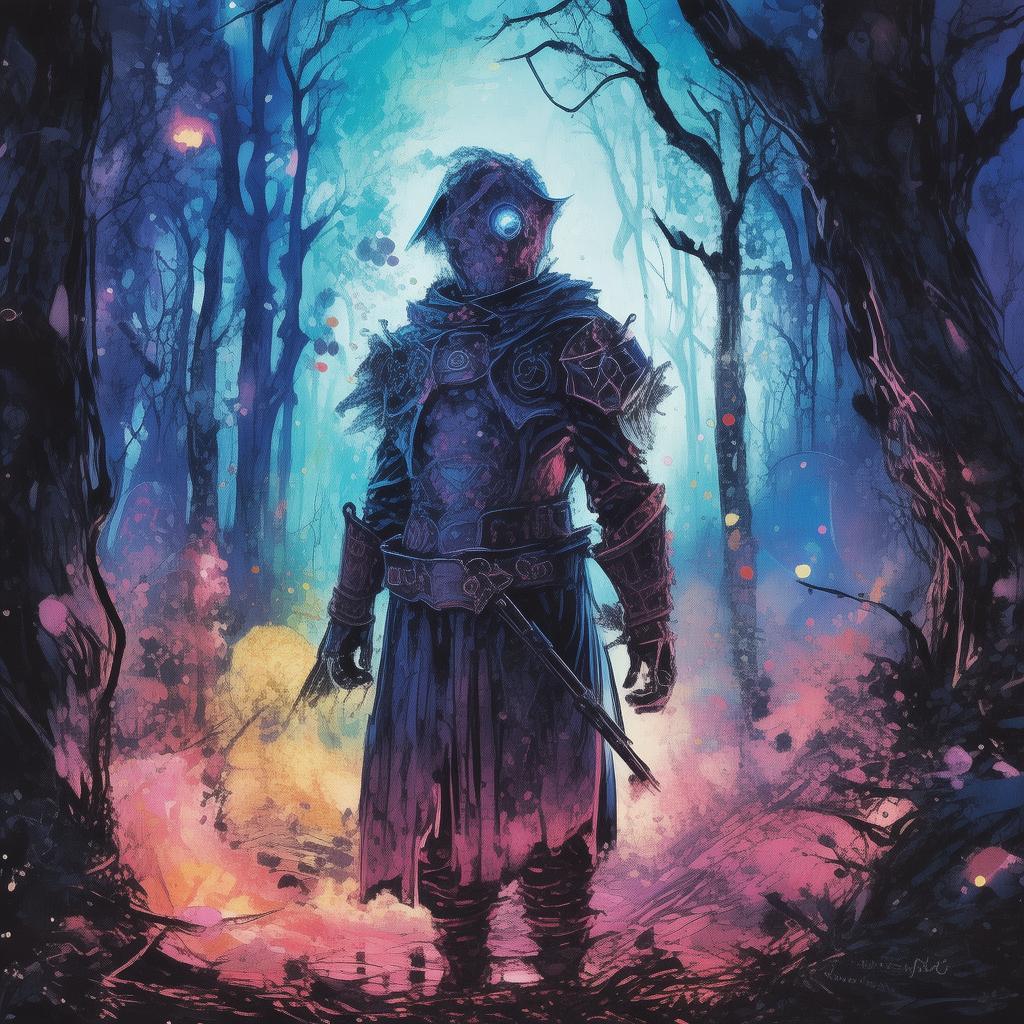The Beijing Man's Final Vow: The Whispers of the Forbidden City
In the heart of the ancient Forbidden City, where the air was thick with the scent of incense and the echoes of history, there lived a man known only as Beijing. His name was forgotten by the court, but his heart was the pulse of the city. Beijing was a humble artisan, a master of intricate wood carvings, whose hands had shaped the very essence of the palace's splendor. Yet, beneath the layers of dust and silence, Beijing harbored a secret that could shake the very foundation of the Manchu Dynasty.
The year was 1644, and the Manchu Empire was on the brink of collapse. The Ming Dynasty, which had ruled China for nearly three centuries, was faltering, its last emperor, Chongzhen, a broken man, having taken his own life in despair. The Manchus, a nomadic people from the north, had swept down upon the weakened Ming, capturing the capital, Beijing, and establishing their rule.
But the peace was fragile. The Manchu ruler, Shunzhi, was a young and impressionable emperor, surrounded by advisors who were more concerned with their own power than with the welfare of the people. Among these advisors was a cunning man named Wu Sangui, who held a position of great influence.
Beijing had always been a loyal subject of the Ming, and his heart remained with the fallen dynasty. He watched as the city he loved was exploited by the new regime, its people suffering under the heavy taxes and harsh rule. The weight of his loyalty and the burden of his people's suffering bore down upon him, and he made a vow—a vow that would change the course of history.
One moonlit night, Beijing found himself at the edge of the palace gardens, where the whispers of the wind carried the secrets of the Forbidden City. He met with a group of like-minded Ming loyalists, each one a shadow in the darkness, their faces obscured by the shadows of the night. They spoke of their plan to restore the Ming to power, a plan that would require the highest levels of betrayal and the deepest of sacrifices.
The first step in their plan was to infiltrate the innermost circle of the Manchu court. Beijing volunteered, knowing that the risk was great but the reward was worth the price. He would need to gain the trust of Wu Sangui, a man who was as cunning as he was dangerous.
Wu Sangui, intrigued by Beijing's skill and the tales of his loyalty to the Ming, agreed to meet with him. They met in a secluded part of the palace, where the walls seemed to breathe with the secrets of the past. Wu Sangui, a man of many faces, was both terrifying and fascinating to Beijing. He was a man who could turn on a dime, a man who could be both friend and foe.
As they spoke, Beijing's resolve grew. He knew that he had to be careful, that every word and gesture could be the difference between success and failure. He spoke of his love for the Ming, his admiration for the Manchu ruler, and his desire to see peace and prosperity return to the city.
Wu Sangui, sensing the truth in Beijing's words, began to trust him. He shared his own secret—the Manchu ruler was weak, and there was a power vacuum at the heart of the empire. If Beijing could prove his loyalty, he would be granted a position of great power, and the loyalists could use that power to restore the Ming.
But Beijing's loyalty was to his people, not to any one dynasty. He knew that to succeed, he would have to betray Wu Sangui, and in doing so, he would risk everything. He would have to become the very thing he despised—the betrayer.
The night of the betrayal was a stormy one, the wind howling through the palace's halls. Beijing approached Wu Sangui's quarters, his heart pounding in his chest. He entered, and the room was dark, the only light coming from a flickering candle. Wu Sangui was there, his eyes wide with fear.
"Beijing," he whispered, "you have betrayed me."
"I have not," Beijing replied, his voice steady. "I have betrayed the Manchu, not you. I have come to save the city from the chaos that is to come."
Wu Sangui's eyes widened in shock. "You mean to say you are with the loyalists?"

"I mean to say that I am with the people," Beijing said, his voice filled with determination. "I will do whatever it takes to bring peace to this city."
With that, Beijing revealed the plan to Wu Sangui, a plan that would require the Manchu ruler's death. Wu Sangui, seeing the opportunity to seize power for himself, agreed to help.
The night of the assassination was a silent one, the city asleep beneath the stars. Beijing and Wu Sangui moved through the palace, their steps light and sure. They reached the Manchu ruler's quarters, and Beijing, with a swift and decisive move, ended the ruler's life.
As the news spread through the city, the people erupted in celebration. The loyalists had succeeded, and the Ming was back on the throne. But Beijing knew that his role in the betrayal would not be forgotten. He had become a man of the shadows, a man who had to live with the weight of his actions.
The Forbidden City, once a symbol of power and splendor, now stood as a testament to the sacrifices made for the people. Beijing, the artisan who had become a hero, watched over the city, his heart heavy with the burden of his secret.
Years passed, and the city flourished under the rule of the Ming. But Beijing remained a man of the shadows, his name a whisper on the wind. He had fulfilled his vow, but the cost was great. He had become a man who had to live with the whispers of the Forbidden City, the echoes of his betrayal, and the knowledge that he had become a part of history's darkest chapter.
And so, the tale of Beijing, the man who had betrayed the Manchu Dynasty, became a legend, a story that would be told for generations. It was a story of loyalty, of betrayal, and of the ultimate sacrifice, a story that would forever be etched into the very soul of the Forbidden City.
✨ Original Statement ✨
All articles published on this website (including but not limited to text, images, videos, and other content) are original or authorized for reposting and are protected by relevant laws. Without the explicit written permission of this website, no individual or organization may copy, modify, repost, or use the content for commercial purposes.
If you need to quote or cooperate, please contact this site for authorization. We reserve the right to pursue legal responsibility for any unauthorized use.
Hereby declared.









